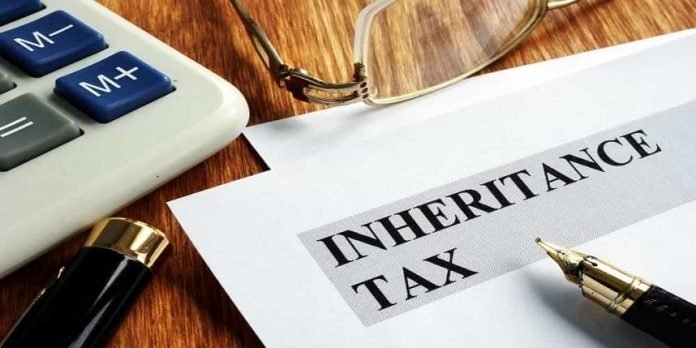Last Updated on August 1, 2023 by
An inheritance starts with good intentions: we want to take care of our loved ones and provide for them after our deaths. We may want to pass down beloved family heirlooms, money, assets, possessions – and even our homes. But good intentions can turn into a headache for the beneficiaries if they face hefty inheritance tax. This can make your gift feel more like a burden or a problem. It need not be.
Here we will talk about how to avoid inheritance tax, which relieves a great deal of stress and potential financial hardship from your heirs.
Table of Contents
What Is Inheritance Tax – and How Can You Avoid It?
The standard inheritance tax rate is 40%. When applicable, it is paid to HM Revenue & Customs from the deceased person’s estate by the executor of the will. If there is no will, then the person who administers the estate (who can be appointed by the court or be a family member) will do so. The good news is, though, that there you do not have to pay inheritance tax if:
- The value of the estate is below the established threshold. That is £325,000.
- The deceased person left everything above the threshold to their spouse, civil partner, a charity, or a community amateur sports club.
Further, if the decedent gifted the home to their children (including biological, adopted, foster or stepchildren) or grandchildren, the threshold increases to £500,000. If they leave a spouse or civil partner and their estate is valued at less than £325,000, any unused threshold can be applied to their spouse or partner’s threshold upon their death.
Let’s look at a few examples.
Your estate is worth £300,000. It is below the threshold, and so your beneficiaries do not have to pay inheritance tax.
Simple enough!
Your estate is worth £550,000. It is above the threshold, so your heirs will pay inheritance tax on the portion above £325,000, or £200,000. At 40%, this will be £80,000.
Your estate is worth £550,000, as in the example above. But you left 10% of the net value (total value less any debts) to charity. The remaining £200,000 will be taxed at a reduced rate of 36%. This means that the inheritance tax owed will be £72,000.
So, to look at it quite simply, you can avoid inheritance tax by having an estate that is valued at below the tax-free threshold. If it is worth more than that, however, there are a few strategies you can use to reduce your tax or avoid it altogether.
Give Gifts While You are Still Alive
Gifts (e.g. house, money) must be given totally and genuinely. What do we mean? If you transfer your house to your children to avoid the inheritance task, for example but continue to live there, you are benefiting from the arrangement. It does not meet the standard for gift exemption. When giving gifts, be aware of the allowances:
- Under the annual exemption, you may give away £3000 in gifts each tax year without affecting the value of your estate. You can also carry over last year’s exemption if not used.
- Wedding or civil ceremony gifts. You are allowed to leave wedding or civil ceremony gifts up to £1000 per person, £2500 for grandchildren and great-grandchildren and £5000 for your children.
- Small gifts. You can give as many gifts up to a £250 value per person per tax year as you like. (You can’t gift to the same person twice for this exemption).
If your estate is worth more than the threshold, making gifts while you are living can be more efficient from a tax standpoint. But be sure to speak with a financial advisor to ensure you are not creating problems for yourself or for your recipients.
Leave Money to Charity
As mentioned, leaving 10% or more of the net value of your estate to charity reduces your inheritance tax rate from 40% to 36%.
Put Pensions and Life Insurance Policies In Trust
If you put these policies “in trust,” the pay-outs will not be included in your overall estate. Rather they will go directly to the beneficiaries and will not incur inheritance tax.
Leave Everything to Your Partner
When you leave your estate to your spouse or civil partner, it is not taxed. They also get your £325,000 unused threshold to add to their own threshold upon death. In effect, this doubles their threshold so they can leave their estate to an heir without incurring tax if it is under £650,000.
Leave the House to the Kids
Doing so gives you an extra allowance of £175,000 on top of the £325,000 threshold. This includes your children, step-children, grandchildren or their spouses or civil partners.
You shouldn’t be remembered for the hefty inheritance tax your heirs had to pay. Take a few simple steps now, and this burden will be lifted from their shoulders.
Apart from this, if you are interested to know about Doing for Your Business then visit our Business category.















